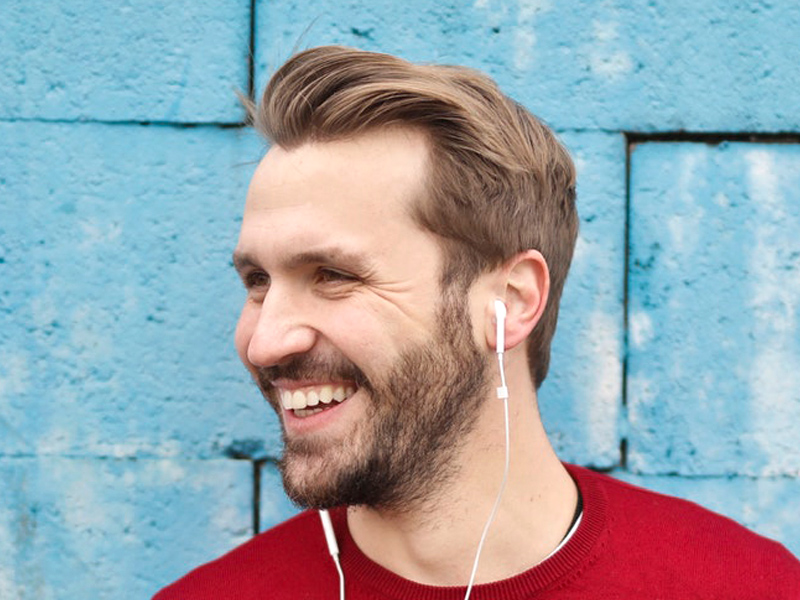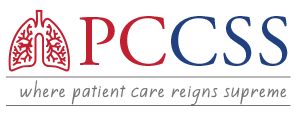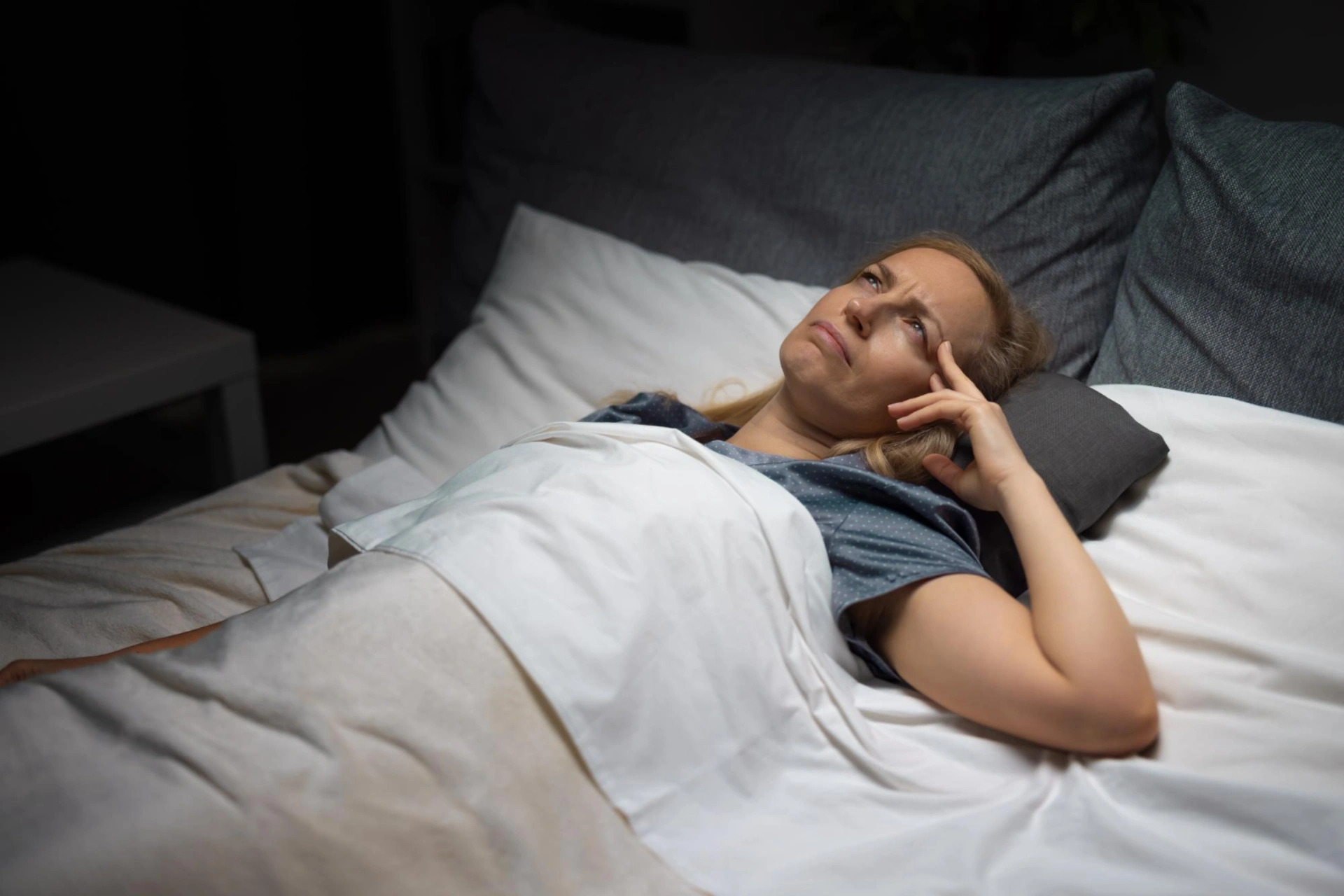Testimonials
"I had no idea how much my sleep apnea was affecting my health until I started treatment at PCCSS. With my CPAP machine, I’m finally getting the rest I need, and I feel so much better during the day."

Angela
"struggled with snoring and feeling tired all the time. After my sleep study, I got a personalized treatment plan that’s made a huge difference. I can’t thank the team enough."

Robert





